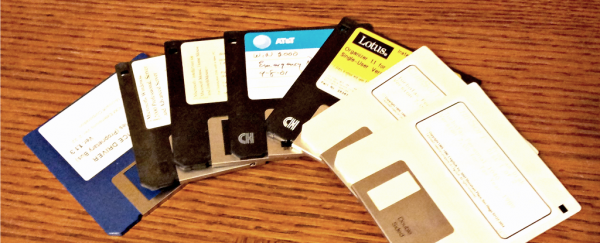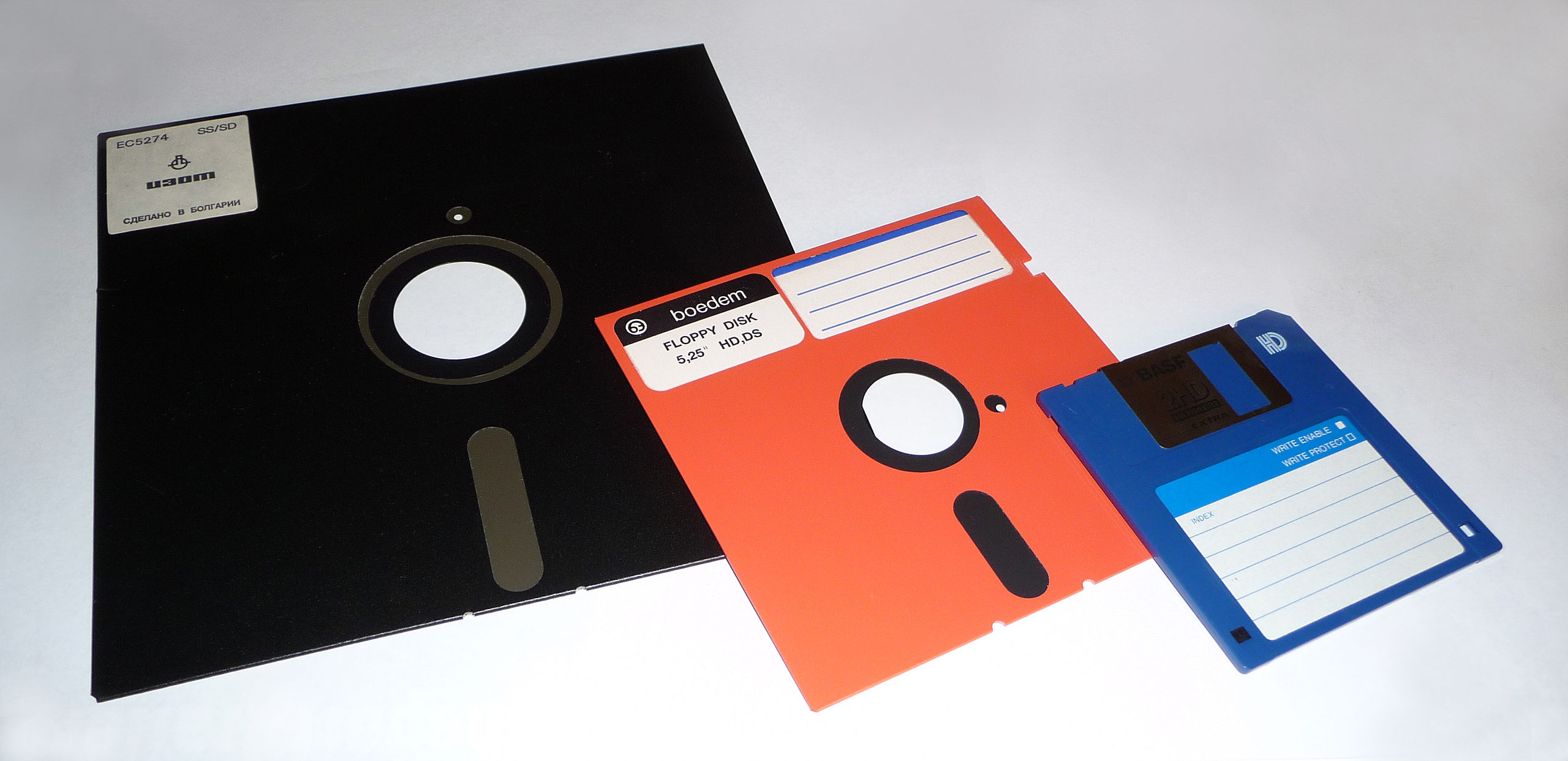You'd expect one of the most important weapons program in the world to be pretty high-tech, but a government report has just revealed that the US nuclear weapons force still relies on huge, 8-inch floppy disks and a computer system from the 1970s. Seriously.
"This system remains in use because, in short, it still works," Pentagon spokeswoman Lt Col Valerie Henderson told AFP. Guys, that's adorable.
The report was released by the Government Accountability Office, as part of a push to get "ageing legacy systems" still being used by the Federal government to be upgraded.
Among the findings is the fact that the Department of Defense, which controls America's nuclear weapons, ballistic missiles, and tanker support aircraft, runs on "an IBM Series/1 Computer - a 1970s computing system - and uses 8-inch floppy disks".
For those of you who weren't around when those 8-inch disks were a thing (myself included), they were the giant precursors to the 3.5 to 5.25-inch floppy disks that we used back in the '90s, before even they were eventually phased out for CDs.
Except in Washington, it would appear.
You can see a comparison of the whole family of floppies below:
The report also showed that the US government spends more than $60 billion of taxpayer dollars a year on maintaining this out-of-date technology - more than three times as much as it spends on modern IT systems.
It's not only the nuclear weapons program either. The US treasury also needs to upgrade its systems, which the report says uses "assembly language code - a computer language initially used in the 1950s and typically tied to the hardware for which it was developed".
The good news is that the Pentagon is planning to fully replace the system by the end of 2020, and will be getting rid of the floppy disks even sooner.
"To address obsolescence concerns, the floppy drives are scheduled to be replaced with secure digital devices by the end of 2017," Henderson told AFP. "Modernisation across the entire Nuclear Command, Control, and Communications enterprise remains ongoing."
It's not the first time the US government has been criticised for being stuck in the technological dark ages. Last year, the current US Chief Technology Officer Megan Smith told The New York Times about the 'culture shock' experienced by the Obama campaign when they had to start using floppy disks and Blackberrys in the White House.
Let's hope the next administration will be on board with bringing the technology that runs the company into the future - or at least the 21st century.

